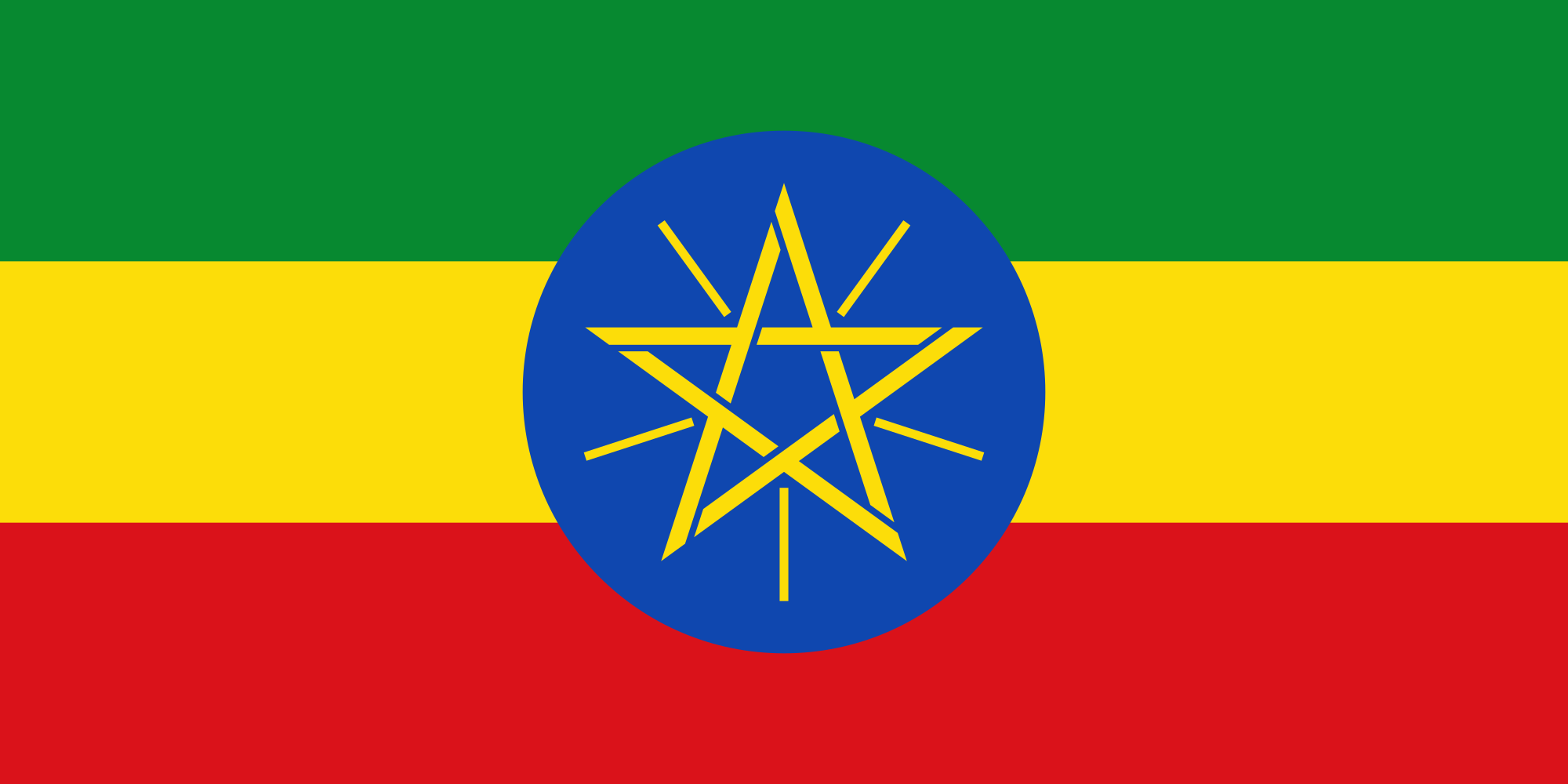Ethiopia bans the Import of Petrol and Diesel Vehicles replacing it by the Adoption of Electric Vehicles
By Abdul Rahman Bangura-

Picture: Government of Ethiopia
NEW AFRICA BUSINESS NEWS (NABN) Freetown, Sierra Leone- Ethiopia is being the first Nation in the world to take such decision. The Ethiopian Ministry of Transport and Logistics disclosed this development.
Alemu Sime – Minister of Transport and Logistics, divulged Ethiopia’s Logistics Master Plan that will involve implementing “Green Transport” solutions in the nation. The minister was presenting to the Urban Development and Transport Standing Committee in the Ethiopian Parliament.
Sime said, “A decision has been made that automobiles cannot enter Ethiopia unless they are electric ones.”
As the new policy limits the import of internal combustion engine (ICE) vehicles in Ethiopia, it does not completely resolve the problem for its people.
Electric cars globally continue to be expensive and EVs still remain financially inaccessible for a significant number of Ethiopian citizens.
The percentage of the population that can afford a vehicle in Ethiopia remains negligible.
The Minister added that the Administration of Ethiopia was making moves to set up charging stations for electric cars. It’s not clear at present if the ban remains permanent or temporary and whether the vehicles already in transit will be affected by the new policy.
At present, major automakers Hyundai, Isuzu, Volkswagen, Ladda and the more have local assembly plants in Ethiopia and produce ICE and electric vehicles for the market.
This development should same curtail the Ethiopia’s crude oil imports, which stood at $6 billion in 2023. The move is certainly and likely to impact automakers in India negatively, that export cars to the African nation.
Apparently, Ethiopia has been striving for more EV adoption in recent years. The Administration implemented a 10-year plan to enhance the import of at least 4,800 electric buses and 1.48 lakh electric cars in 2022. It also gets slashed VAT, surtax and excise tax of EVs.
“Electricity is produced in Ethiopia and again, the price of electricity is cheaper compared to fuel,” added Sime. “Ethiopia is a supporter of green development, and it is a country that is working hard for that.”
Ethiopia is a major investor in energy infrastructure and is also home to Africa’s largest hydroelectric power plant which will be inaugurated soon. The Grand Ethiopian Renaissance Dam (GERD) will be able to generate 6,000 megawatts once fully operational and is expected to initially produce about 3,000 megawatts.
The Ethiopian Administration has also not asserted if the import ban will extend to the sale and purchase of second-hand cars, which is likely to boom in the wake of the restrictions. There’s no timeline yet for when the ban will come into effect.
For New Africa Business News (NABN) Abdul Rahman Bangura Reports, Africa Correspondent
